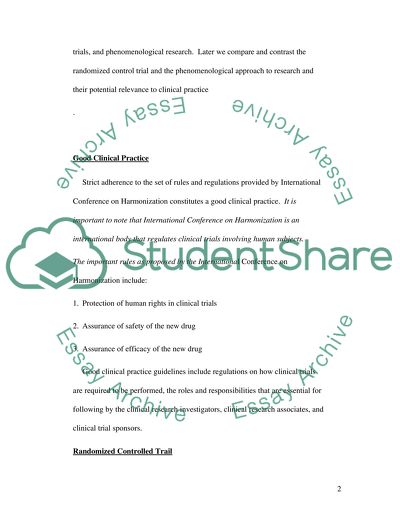Cite this document
(“Clinical Practice Essay Example | Topics and Well Written Essays - 2250 words”, n.d.)
Retrieved from https://studentshare.org/health-sciences-medicine/1501186-clinical-practice-essay
Retrieved from https://studentshare.org/health-sciences-medicine/1501186-clinical-practice-essay
(Clinical Practice Essay Example | Topics and Well Written Essays - 2250 Words)
https://studentshare.org/health-sciences-medicine/1501186-clinical-practice-essay.
https://studentshare.org/health-sciences-medicine/1501186-clinical-practice-essay.
“Clinical Practice Essay Example | Topics and Well Written Essays - 2250 Words”, n.d. https://studentshare.org/health-sciences-medicine/1501186-clinical-practice-essay.


